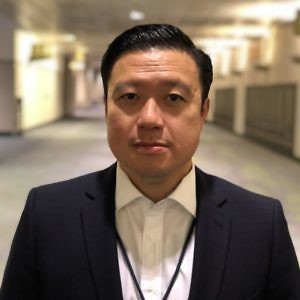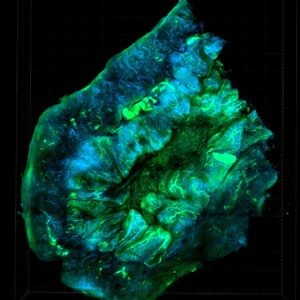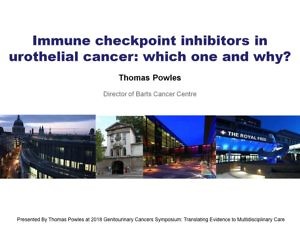What can we learn from early IO trials?
SITC Phase 1 Review Part 1 – It’s time for a two-part mini-series on recent phase 1 clinical trials and how to interpret the findings.

Are we at a crosswords with IO combos?
As a former new products development professional, this is something that I’m particularly enthusiastic about.
While it is fascinating to see other people’s reactions to early oncology trials, these should often be taken with a very large pinch of salt, in my view.
In Part 1, it’s time to take a step back and understand not only what companies are doing, but also how they set the trials up and what they are looking for. We highlight some examples of data readouts to illustrate the points.
In Part 2 on Monday we take a rock around the clock at some of the other recent phase 1 readouts and explain what we can learn from what was presented. The devil is often in the small details that many observers miss at first glance.
Subscribers can log-in to read our latest insights or you can purchase access to BSB Premium Content.
This content is restricted to subscribers



 What I wanted to do here was take a step back after the dramatic 1L NSCLC session and pull together some pros and cons that oncologists will be thinking about going forward.
What I wanted to do here was take a step back after the dramatic 1L NSCLC session and pull together some pros and cons that oncologists will be thinking about going forward.

 For what seems the longest time, we have seen the battle in metastatic clear cell renal cell carcinoma (ccRCC) being focused on various anti-VEGF TKIs, whether against interferon, mTOR inhibitors, and even each other.
For what seems the longest time, we have seen the battle in metastatic clear cell renal cell carcinoma (ccRCC) being focused on various anti-VEGF TKIs, whether against interferon, mTOR inhibitors, and even each other. At the 2018 ASCO Genitourinary Cancer Symposium, one of the standout keynote lectures was from Professor Tom Powles, Director of the Bart’s Cancer Cancer Center in London who talked about
At the 2018 ASCO Genitourinary Cancer Symposium, one of the standout keynote lectures was from Professor Tom Powles, Director of the Bart’s Cancer Cancer Center in London who talked about 